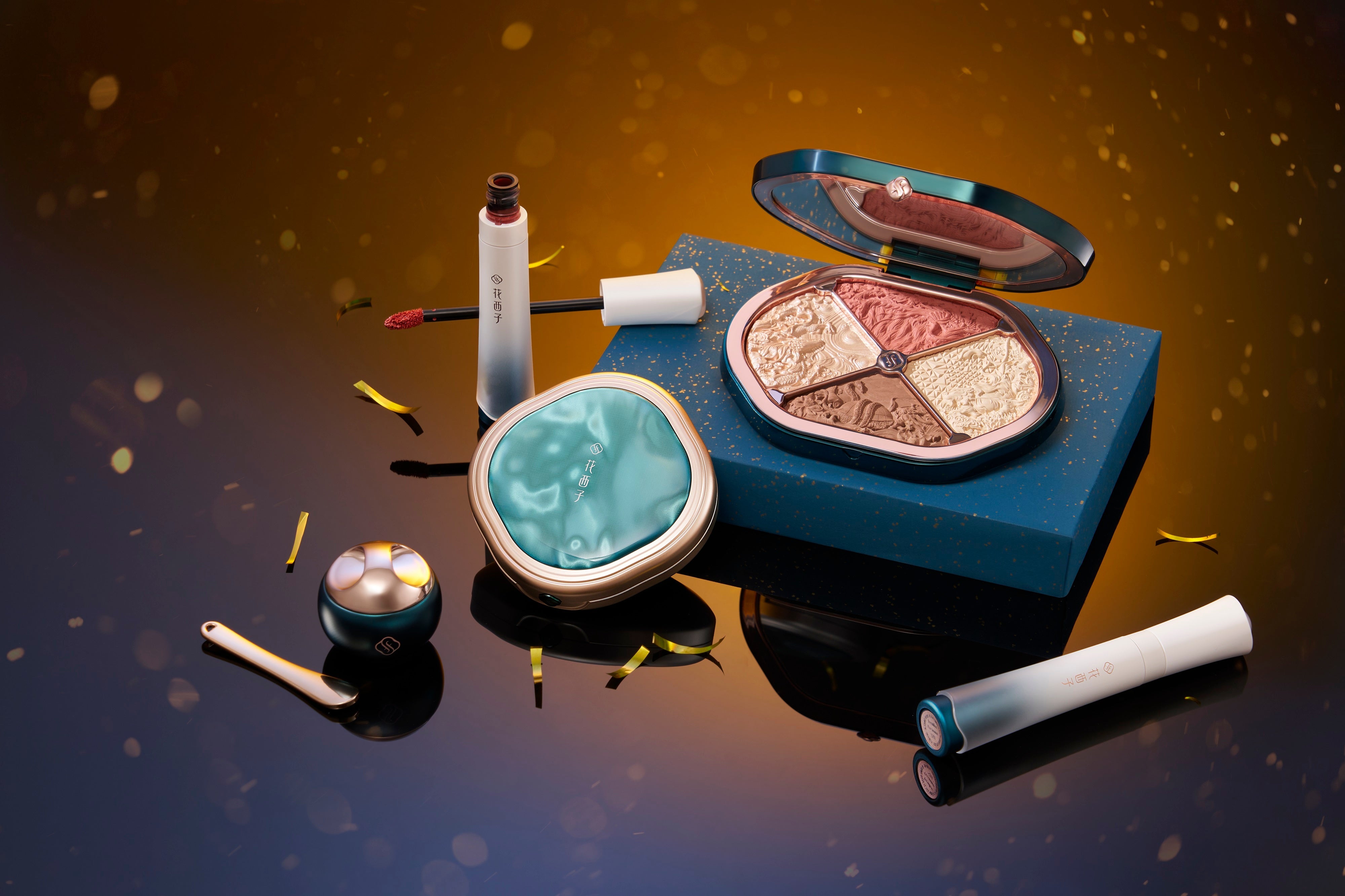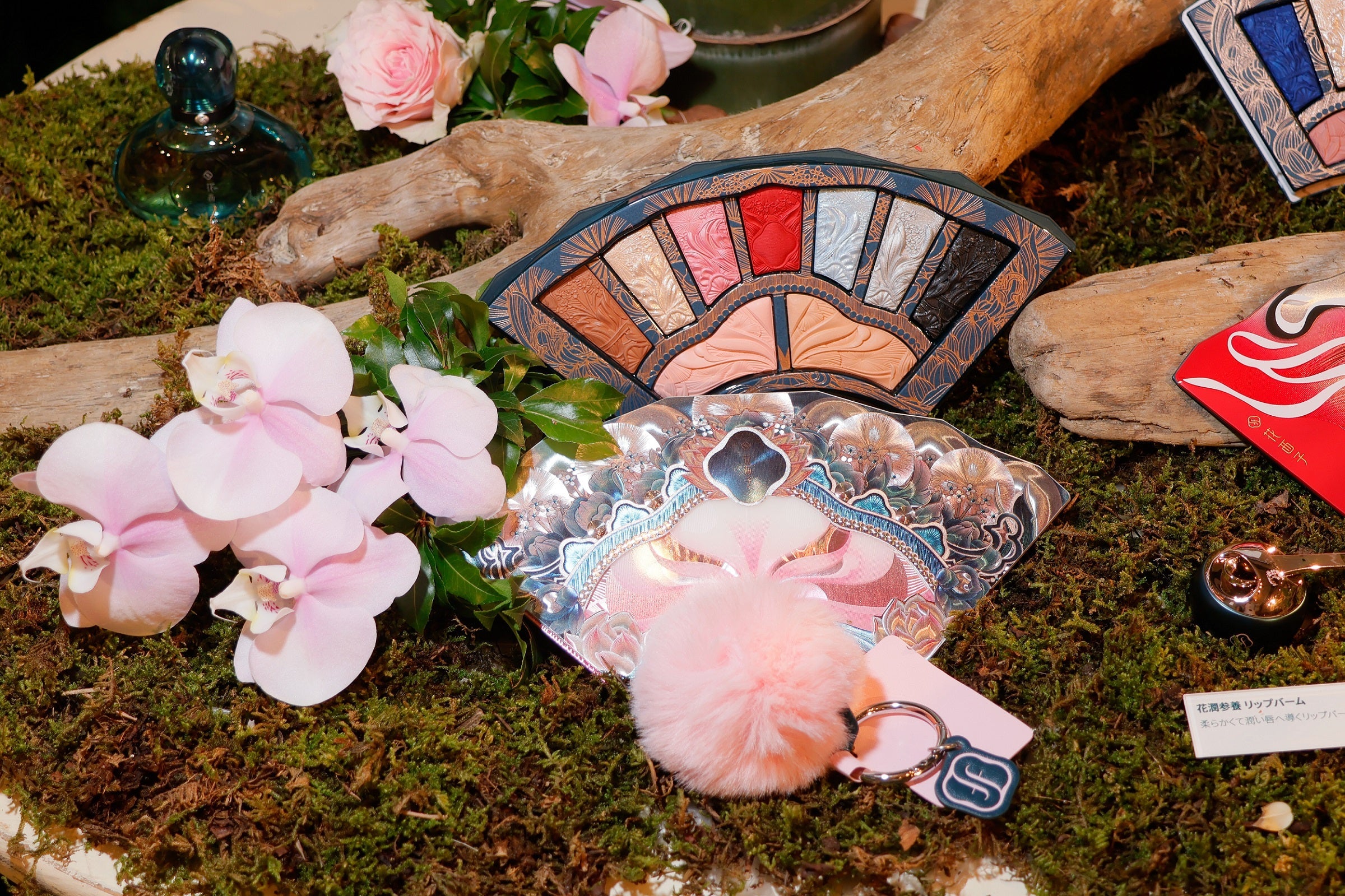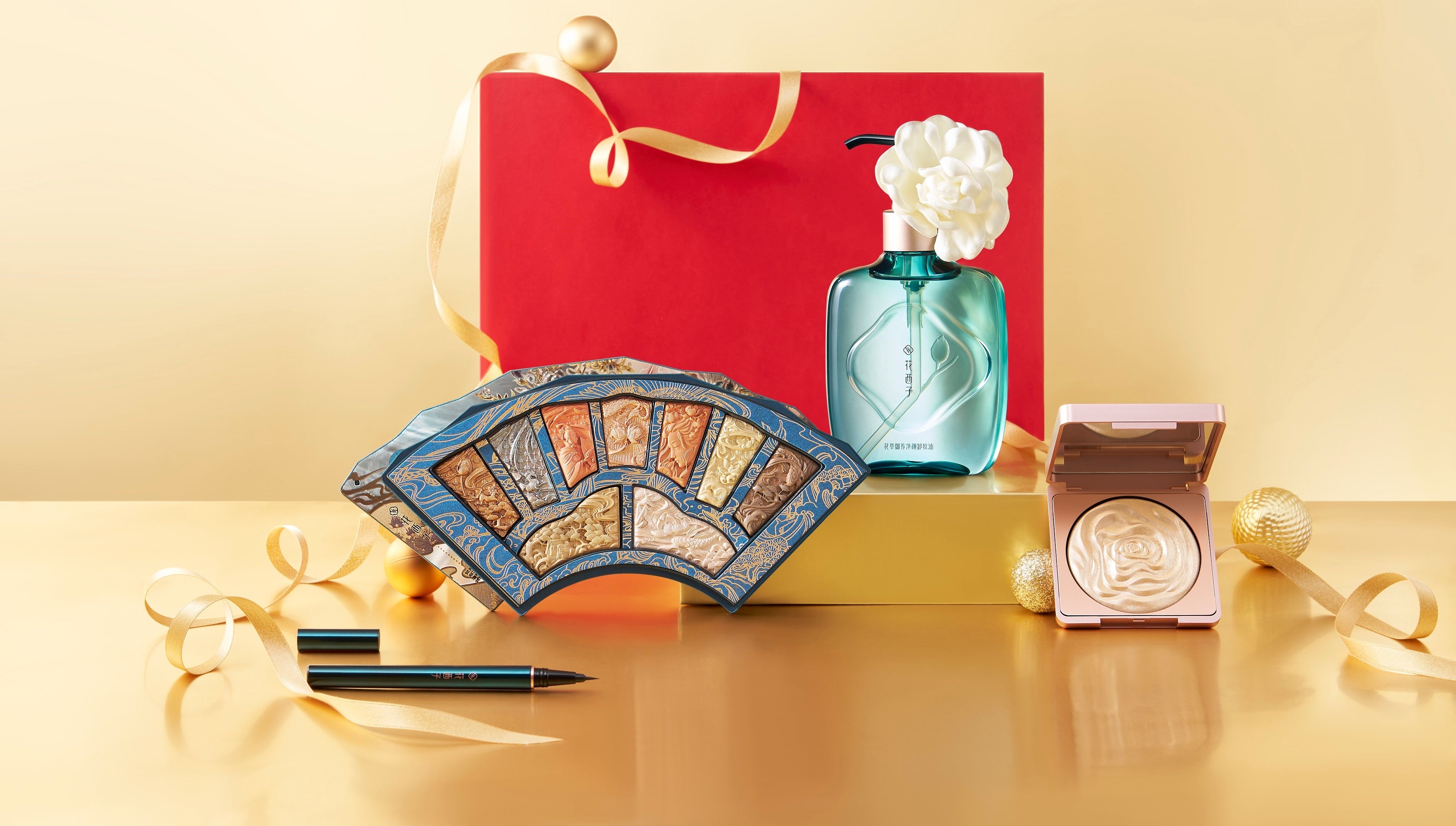
ELLE MAGAZINE FEATURE: THE WORLD'S PRETTIEST MAKEUP
We're thrilled to be the latest beauty feature in ELLE's November 2023 print issue by Katheleen Hou, beauty director of ELLE magazine. As the beauty industry pushes forward with unprecedented ingenuity and endless innovation, Kathleen sheds light on the state of the Asian beauty space and how Chinese brands are stepping up like never before.
This article originally appeared in the November 2023 print issue of ELLE.
THE WORLD’S PRETTIEST MAKEUP—C-beauty has entered the chat
HAS THE BEAUTY PACKAGING of the past few years made you feel a bit…sleepy? So much beige, so much black and white (like the beauty equivalent of midcentury modern furniture). So many sans serif fonts. Then welcome to C-beauty, where you’ll find some of the most beautiful, new, and exciting makeup.
Much like K-beauty and J-beauty before it, Chinese beauty is racking up the likes on social media because of its ingenuity and influence on stateside beauty trends. “Western makeup will come out with something, and I’ll be like, ‘This is the thing that Chinese makeup came out with three years ago,’ ” says Bronte-Marie Wesson, a makeup artist and content creator in Australia. Which means you should soon expect to be using current C-beauty innovations like lip mud, a matte, paste-like liquid with a blurry finish; or matte highlighter (a name as confusing as “no-makeup makeup”), which is meant to camouflage small areas of uneven skin tone.
Chinese beauty brand Florasis, often called the world’s most beautiful makeup, was born in Hangzhou, near West Lake, the UNESCO World Heritage Site. Its eye shadow palettes elicit three-second gasps from vloggers, with their scrollwork-like embossing. As you twist up the bullet of a Blooming Rouge Love Lock lipstick, Florasis’s hero product, you’ll see depicted an ancient story like “The Legend of the White Snake,” a tale of the forbidden romance between a man and a snake spirit. It’s not uncommon for some fans to buy two sets of a collection, one to use and one to have as a keepsake. Another popular brand, Flower Knows, has a Swan Beauty collection featuring a canister of loose setting powder with swan cutouts, a bow-topped powder puff, and a filigree overlay straight out of Sofia Coppola’s Marie Antoinette.
Both Chinese and Korean beauty products may use herbs and botanicals that are found in their culture’s traditional medicines. But Chinese beauty seems to go 180 on the trends popularized in Korea: elaborate makeup rather than a 10-step skin care routine; matte skin instead of dewy; micro glitter instead of sheer shadows; and spidery lashes (also called manhua or anime lashes) instead of clean ones. Cosplay is also a big subculture in China; the viral beauty looks on Douyin (the Chinese version of TikTok) and Xiaohongshu (an app combining elements of Instagram and Pinterest) focus on high-contrast, transformational looks. Wesson tells me, “If you walk into a [K-beauty store], you will largely see natural eye shadow palettes. Whereas on Xiaohongshu, you have these fantastical looks, like butterfly wings and crystals. There are water droplets glued to the eyelids. There is much more of a fairy-tale sensibility about makeup.”
There are cultural reasons for this over-the-top packaging and relentless innovation: Chinese Gen-Z consumers are voracious. “The under-25s in China are set to become some of the wealthiest consumers in the world by 2025,” says Millie Mei, a content creator who works in digital marketing. “When they buy something, there needs to be something extra.” “If you’re not moving forward, someone else is,” says Hong Kong makeup artist and creator TJ Tan. To her, the cultural need for perfection is also a factor. “I don’t think there’s an option for Chinese makeup to do something and not provide 100 percent perfect packaging for its clientele.”
This standard may run counter to Sinophobic stereotypes, persistent since the country’s manufacturing boom in the ’80s and resurrected during the pandemic. Chinese beauty brands and their fans are trying to redefine the words “Made in China,” one extravagant rococo palette at a time. Says content creator Sharon Wu, “Whenever I post about C-beauty, I have to prepare myself for certain comments. China produces a lot, so there will be products of worse quality, but also really well-made products.” As Florasis global expansion president Gabby Chen reminds me, “Your iPhone is made in China.” Ultimately, the open-mouthed awe that C-beauty fans have for the products speaks for itself. Overseas sales of Florasis are growing exponentially every year. One day, Chen says, “You will see us in Paris.”









Leave a comment
This site is protected by hCaptcha and the hCaptcha Privacy Policy and Terms of Service apply.